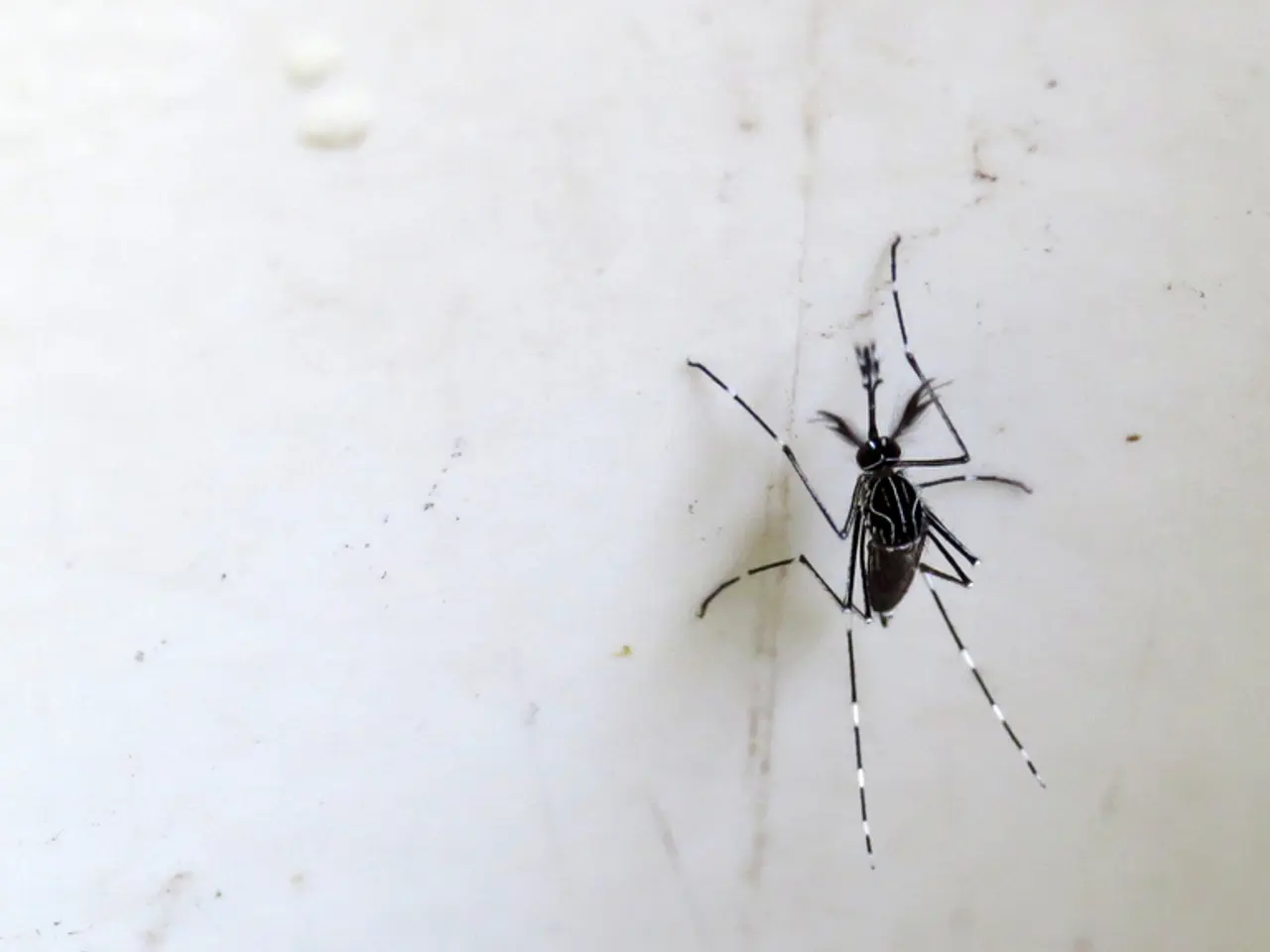Bangladesh confronted a health predicament, marked by outbreaks of dengue fever and chikungunya.
In recent weeks, there has been a significant increase in reported cases of dengue and chikungunya fever across the globe, particularly in South Asia. This surge in infections has prompted health authorities to take immediate action and advise travellers to take precautions.
Last week, over 1,500 people were hospitalized due to dengue fever, with at least 10 deaths reported in the same period. These figures are alarming, as dengue fever, transmitted through the bites of Aedes mosquitoes, is considered one of the fastest-growing global threats by the World Health Organization (WHO).
Mosquitoes are adapting to urban conditions, breeding in stagnant water on construction sites, rooftops, and in potted plants. This trend is particularly concerning in densely populated areas like South Asia, where inadequate control measures and high mosquito densities have contributed to the spread of these diseases.
Chikungunya fever, another mosquito-borne disease, has also seen a rise in cases. On August 29, Russia reported its first imported case of chikungunya fever. Contrary to popular belief, chikungunya is not transmitted through person-to-person contact, but only through insect bites. The first case in Russia was not transmitted locally, and there is currently no risk of the infection spreading within the country.
Health authorities in Russia, such as Rospotrebnadzor, have taken necessary measures to prevent the spread of both dengue and chikungunya fever. They have advised travellers to endemic regions to take preventive measures against mosquito bites, including using repellents, installing mosquito nets and canopies, and wearing clothing that covers the skin.
In Bangladesh, the largest state-run hospital, the Medical College of Dhaka, is overwhelmed with patients suffering from dengue fever. Wards are overcrowded, with three times the number of patients they are designed for. As of now, over 33,800 cases of dengue fever have been registered in South Asia this year, with 132 deaths reported.
Local public health authorities in Bangladesh have implemented measures against Aedes mosquitoes and diseases like dengue and chikungunya. These efforts include monitoring outbreaks, such as in Chittagong, and improving mosquito control. University projects, like those at Dhaka University, aim to address mosquito problems locally.
The WHO advises watching for early symptoms of dengue fever (abdominal pain, vomiting, bleeding, reduced urination) and avoiding improper use of Non-Steroidal Anti-Inflammatory Drugs (NSAIDs) and steroids in viral fevers. With the rising number of cases, it is crucial for individuals to stay vigilant and take necessary precautions to protect themselves from mosquito bites.
As the world grapples with these rising outbreaks, it is clear that a systematic elimination of breeding grounds for Aedes mosquitoes is essential to prevent further spread of dengue and chikungunya fever.








